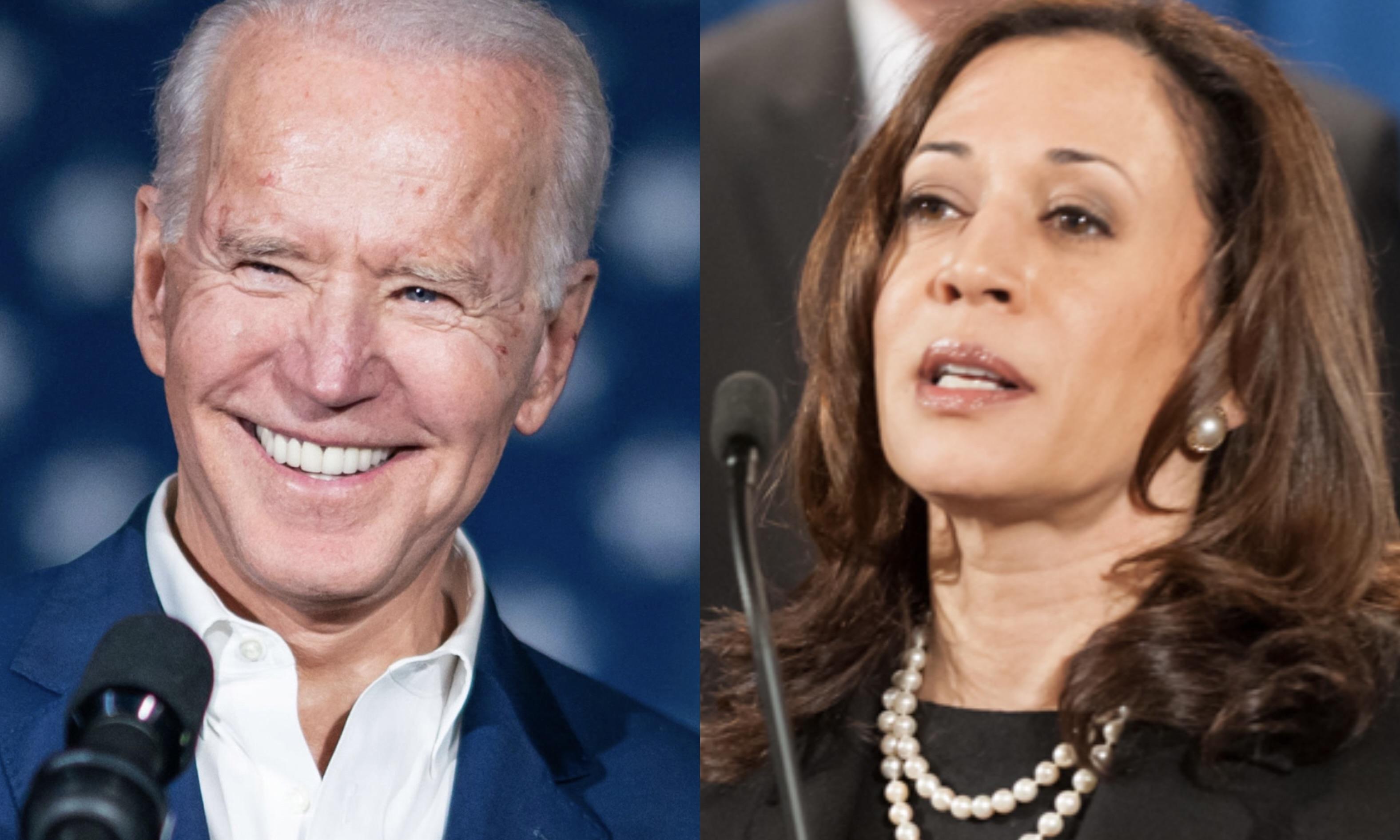Former Vice President Mike Pence’s press secretary, Marc Lotter, has sounded alarms over Democratic chances in the 2024 election, stating that “the margins don’t add up right now for the Democrats in any of these battleground states.” As Election Day unfolds, Lotter’s remarks add fuel to an already intense political environment, suggesting that the Democrats face substantial hurdles in states critical to determining the next president.
Lotter, now a prominent Republican commentator, pointed to data and early trends that he claims indicate underperformance by Democratic candidates in states like Pennsylvania, Michigan, Wisconsin, and Georgia. “These are states that Democrats need to win if they want a path to victory,” Lotter said. “But based on what we’re seeing, the numbers just aren’t there.” Lotter’s assessment implies that Republican strategies in key areas have potentially shifted the balance, creating headwinds for Democrats hoping to maintain support in these areas.
In recent weeks, both parties have poured resources into battleground states, which have increasingly determined national outcomes in tight races. Lotter’s remarks reflect a narrative embraced by GOP strategists who view these efforts as successful in curtailing Democratic momentum, particularly in states where suburban and rural voters have leaned Republican. “We’re looking at significant early voting numbers and polling data,” Lotter explained. “And right now, the Democrats are struggling to gain the margins they need.”
Democratic strategists have responded cautiously to Lotter’s analysis, arguing that early numbers do not always reflect final outcomes, particularly as mail-in ballots and last-minute voter turnouts are processed. “The race isn’t over until every vote is counted,” said Susan Phillips, a senior Democratic strategist. “While we’re keeping a close eye on these states, we’re confident that our ground game and turnout strategies will make up the difference.”
Despite Democratic confidence, recent polling data does show tight races in several battleground states. Political analysts suggest that the Democrats’ struggles may reflect voter concerns over issues like inflation, economic policy, and immigration, where recent polls indicate Republican candidates have gained traction. “Lotter’s comments underscore concerns that have been building for months,” said Dr. Alan Fisher, a political analyst. “It’s not just about polling; it’s about how well each party has been able to engage and energize its base.”
Lotter’s statements also highlight the significant focus Republicans have placed on rural voter turnout. While Democrats traditionally rely on urban centers, Republican efforts to mobilize rural communities and independent voters in swing states have been a priority in the 2024 race. “This election will come down to who turns out to vote,” Lotter emphasized, adding that every campaign dollar and door-knocking effort matters in these final hours.
Public reactions to Lotter’s remarks have been mixed, with some Democratic supporters accusing him of setting the stage for preemptive narratives should results skew in favor of Republicans. However, GOP backers argue that Lotter’s comments reflect a realistic assessment of Democratic struggles to connect with voters on pressing issues.
As Election Day continues, Lotter’s remarks add urgency to both parties’ get-out-the-vote efforts. His comments, underscoring Republican optimism in swing states, will likely fuel further speculation on the final outcome. For now, Lotter’s words echo across the political spectrum as a pointed reminder of the importance of battleground states and the high stakes of the 2024 election.



 U.S.-Israel War on Iran Escalates as Gulf Conflict Disrupts Oil, Air Travel and Regional Security
U.S.-Israel War on Iran Escalates as Gulf Conflict Disrupts Oil, Air Travel and Regional Security  Supreme Court Backs GOP Lawmaker in New York Redistricting Fight Ahead of Midterms
Supreme Court Backs GOP Lawmaker in New York Redistricting Fight Ahead of Midterms  Melania Trump Chairs Historic U.N. Security Council Meeting on Children Amid Iran Conflict
Melania Trump Chairs Historic U.N. Security Council Meeting on Children Amid Iran Conflict  Iran Detains U.S. Citizens Amid Escalating Conflict With the United States and Israel
Iran Detains U.S. Citizens Amid Escalating Conflict With the United States and Israel  Trump’s Iran Strikes Spark War Powers Clash in Congress
Trump’s Iran Strikes Spark War Powers Clash in Congress  AI is already creeping into election campaigns. NZ’s rules aren’t ready
AI is already creeping into election campaigns. NZ’s rules aren’t ready  UK Accepts U.S. Request to Use British Bases for Defensive Strikes on Iranian Missiles
UK Accepts U.S. Request to Use British Bases for Defensive Strikes on Iranian Missiles  Pentagon Downplays ‘Endless War’ Fears After U.S. Strikes on Iran Escalate Conflict
Pentagon Downplays ‘Endless War’ Fears After U.S. Strikes on Iran Escalate Conflict  Middle East Conflict Escalates After Khamenei’s Death as U.S., Israel and Iran Exchange Strikes
Middle East Conflict Escalates After Khamenei’s Death as U.S., Israel and Iran Exchange Strikes  Marco Rubio to Brief Congress After U.S.-Israeli Strikes on Iran
Marco Rubio to Brief Congress After U.S.-Israeli Strikes on Iran  Trump Warns Iran as Gulf Conflict Disrupts Oil Markets and Global Trade
Trump Warns Iran as Gulf Conflict Disrupts Oil Markets and Global Trade  Trump Launches Operation Epic Fury: U.S. Strikes on Iran Mark High-Risk Shift in Middle East
Trump Launches Operation Epic Fury: U.S. Strikes on Iran Mark High-Risk Shift in Middle East  Why did Iran bomb Dubai? A Middle East expert explains the regional alliances at play
Why did Iran bomb Dubai? A Middle East expert explains the regional alliances at play  Does international law still matter? The strike on the girls’ school in Iran shows why we need it
Does international law still matter? The strike on the girls’ school in Iran shows why we need it  Trump Says U.S. Attacks on Iran Will Continue, Warns of More American Casualties
Trump Says U.S. Attacks on Iran Will Continue, Warns of More American Casualties  Israel Launches Fresh Strikes on Iran After Death of Supreme Leader Ayatollah Khamenei
Israel Launches Fresh Strikes on Iran After Death of Supreme Leader Ayatollah Khamenei  Zelenskiy Urges Change in Iran After U.S. and Israeli Strikes, Cites Drone Support for Russia
Zelenskiy Urges Change in Iran After U.S. and Israeli Strikes, Cites Drone Support for Russia 



























